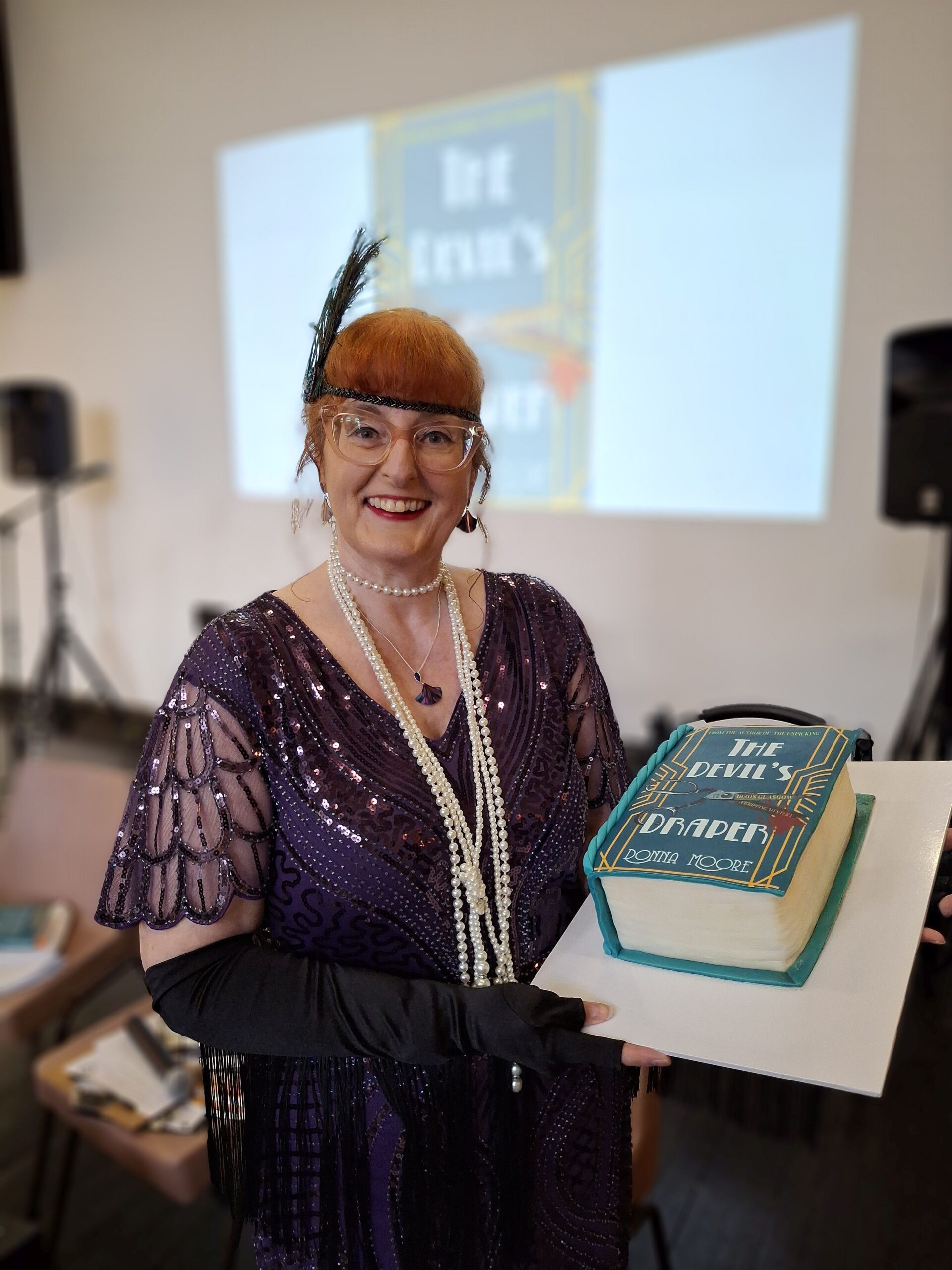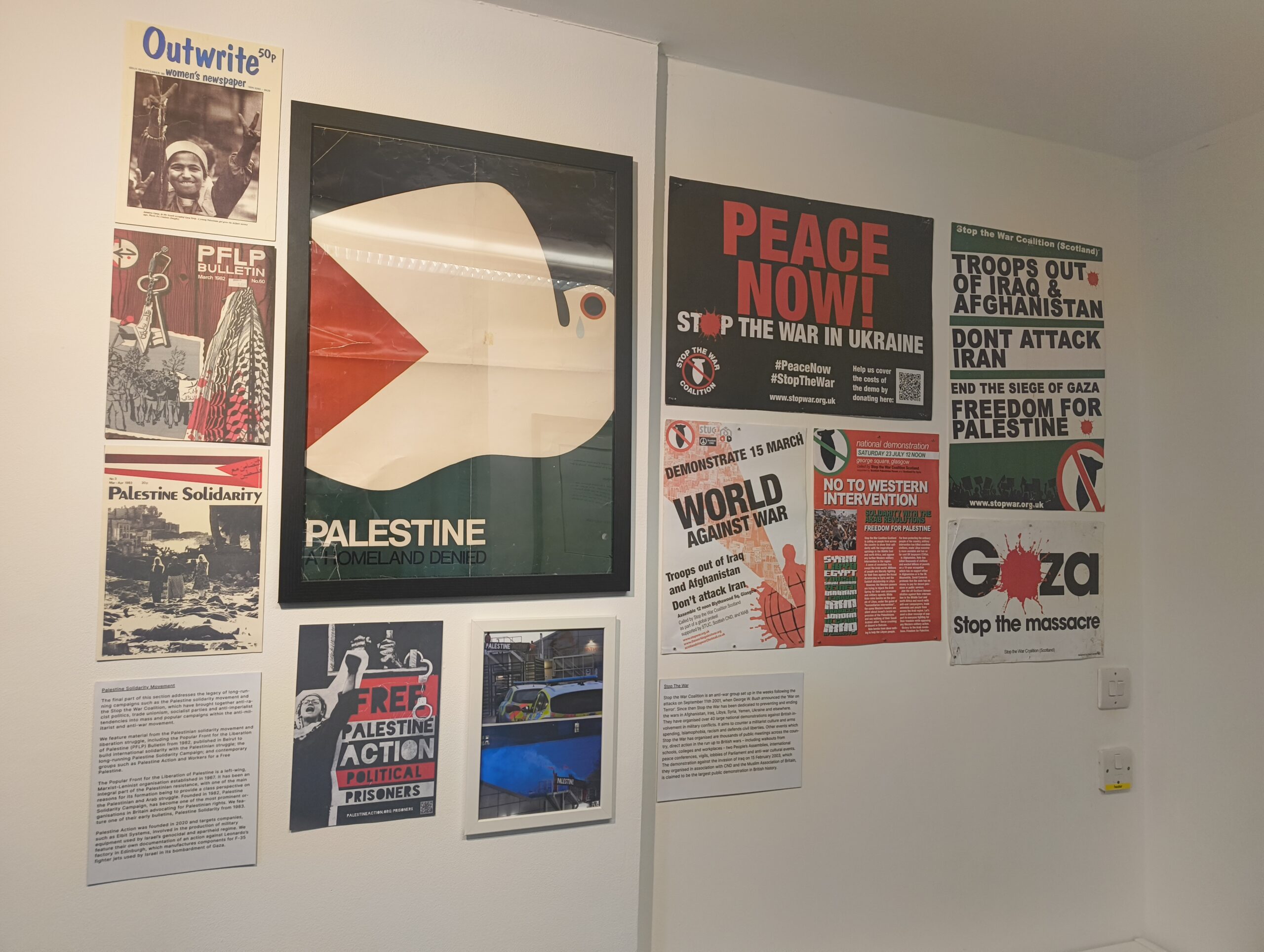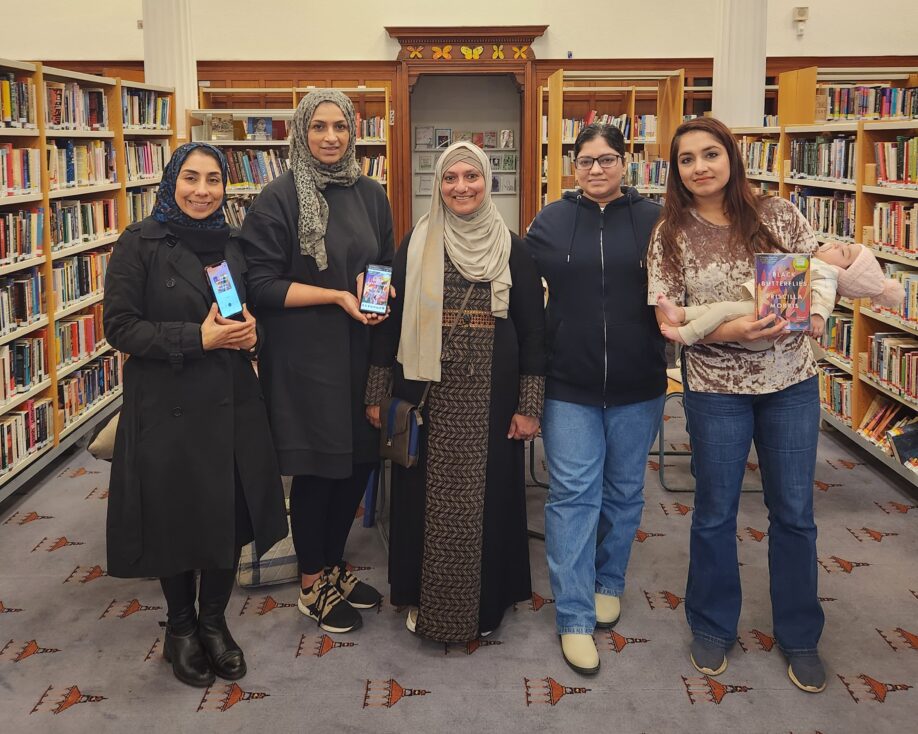Seeking women’s voices has widened our awareness dramatically, empowered women in the communities we have worked in and readdressed everything we previously knew about the impact of sectarianism on the people of Scotland.
The project has enabled and captured the voice that women have not had, telling both overt and subtle stories of bigotry and violence that were not spoken or asked about previously.
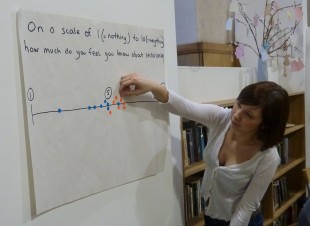
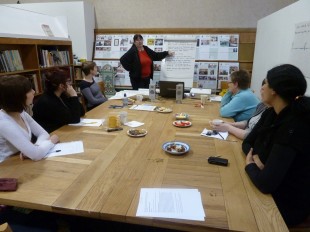
By including women we have challenged and diversified an identity that did not fit and addressed their exclusion from previous research and societal dialogue. Most importantly, the project has validated women’s experiences, raising confidence levels and fostering women’s active citizenship.
Throughout the project we have gathered accounts of overt acts of discrimination, the direct result of religious bigotry against Catholic and Protestant, and we have heard how sectarian bigotry intersects with transphobia, homophobia, misogyny, racism and hate crime experienced by LBT and BME women.
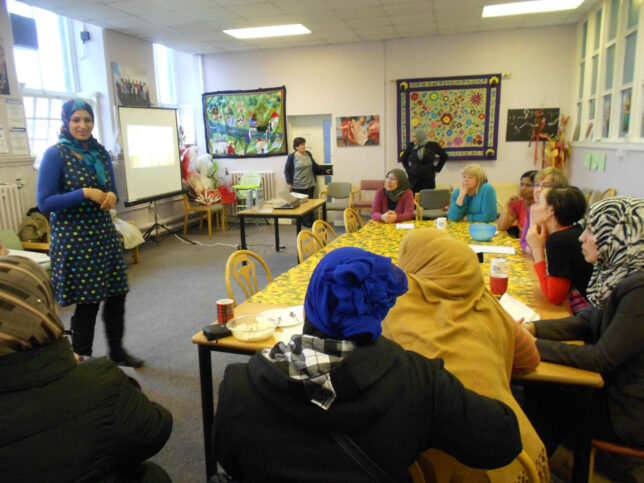
Defining the experience of sectarianism was particularly important for some participants who questioned whether their experiences could be considered sectarian since they themselves were not the direct victims of discrimination or violence.
This leads us to believe that the experience of sectarianism is much wider than an issue of “victimisation driven by discrimination against a religious ‘other’.” 1
Sectarian behaviour at home and in public spaces impacts women as control and fear in a broad sense in the legacy of their childhood and in the present day. Within this there are different kinds of sectarianism and its bi-products being experienced:
- Private, emotional or psychological control of thought, values and behaviour carried out by both male and female family members.
- Overt control of public spaces through fear, intimidation and territoriality generally undertaken by men.
The emergent themes of the project show a need for a new contextualisation of the term ‘sectarianism’ and a wider understanding of how it is experienced.
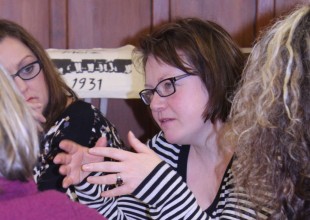
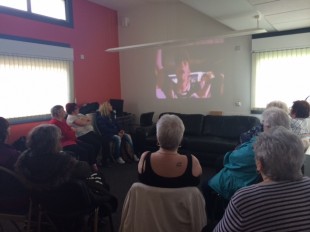
Within the public spheres of their communities some women told us that they would be unlikely to challenge sectarianism on the street for fear of violence, hesitant to challenge it at home for fear of family conflict, and reluctant to challenge it on social media for fear of misogynist abuse.
Participants said the key way women could address sectarianism was by participating in workshops and writing about their experiences.
Throughout the project we shared the growing collection of stories and poetry with workshop participants. This allowed both Catholic and Protestant ‘sides’ of sectarianism to be seen and felt.
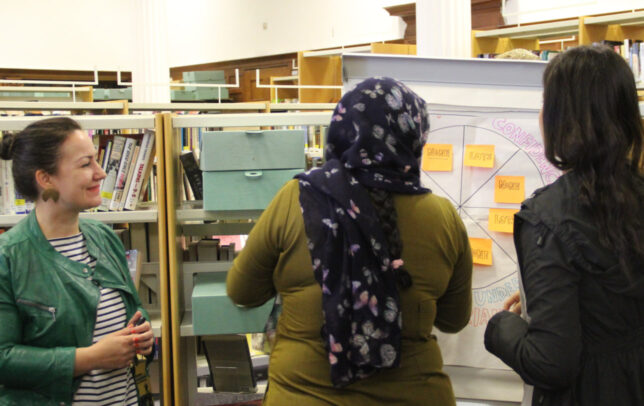
It gave rise to increased understanding and encouraged women to share their fears and prejudices and, most importantly, to find solutions collectively.
Women said that collective contributions, using creative methods, gave them a safe and powerful voice. A significant aspect of the work has been collective action. Public and private personal safety is a key concern. This fits within women’s wider experience of general safety in their homes and on their streets in a context of anti-social behaviour, hate crime and gendered violence. Working as a group they found power in numbers.
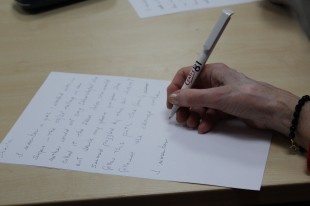
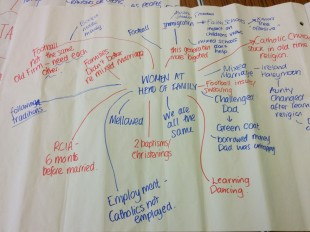
During our discussions women spoke of economic deprivation, experiences of the church and their treatment as women and schooling. We believe that sectarianism cannot be discussed in isolation. There is a need to enable women to explore the issue at a far deeper level that is in context with their lives. Only in these circumstances can women take ownership of discussions and find authentic solutions.
1: Advisory Group on Tackling Sectarianism in Scotland, Independent Advice to Scottish Ministers and Report on Activity 9 August 2012 – 15 November 2013, p.18, Working Definition paragraph 3.9

